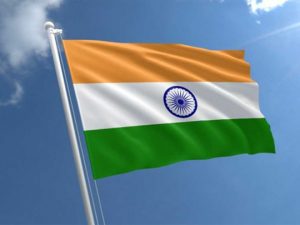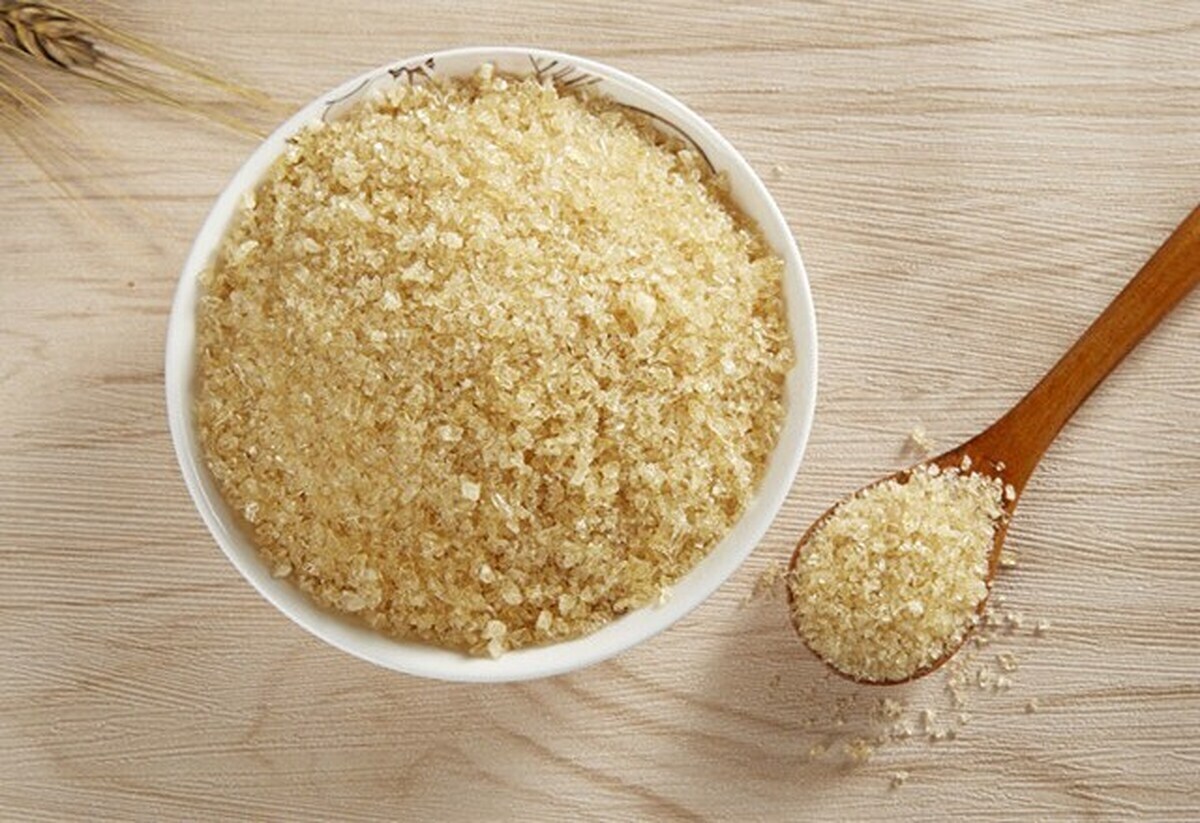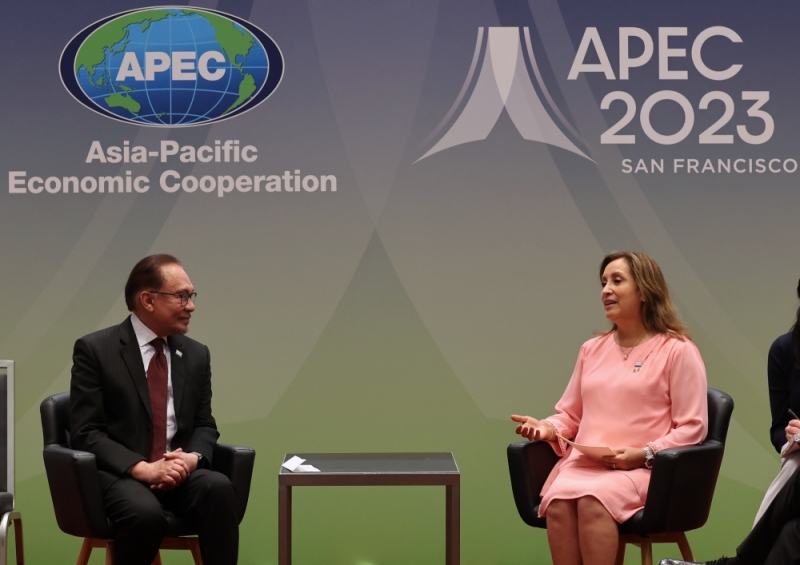By Anwar Ahmad (anwar@khaleejtimes.com)
ABU DHABI – Halal covers a wide range of items including pharmaceutical products, toiletries, fashion and food.
At the recently concluded Invest Malaysia 2011 conference in the Capital, the Malaysian government wooed investors from the UAE in particular and the GCC region in general to invest in halal cosmetics and halal food ?products.
Talking to Khaleej Times on sidelines of the conference on Sunday, Datuk Norah Tun Abd Rahman Ya’kub, Member of Parliament in Malaysia said, “Now, Muslims countries have economics and capabilities for their own solutions. We should put our resources together and start looking at halal food production.”
Most of the cosmetics available in the market have meat-based gelatine. The technology had come from the West, not from any Muslim country. So, all these years we have been compromising by ourselves and utilising them, ?Norah said.
Gelatine application is very broad, it can be for food base for jelly for making cakes, biscuits, sweets and ice cream. They also are used for soft jell in capsules, and contact lenses and camera film as well. Malaysia’s expertise in halal guidelines and halal certification is recognised worldwide due to its stringent criteria. But there is a serious need to address the dearth of research on analytical techniques to verify the status of halal products, she emphasised.
According to Norah, the gelatines from Malaysia are sourced from vegetable or fish-base like skull, skin and bones of fish, which can be converted to collagen and from collagen to gelatine. All cosmetics have collagen. When you talk about collagen, the cheapest collagen comes from meat. The females use it without realising that the collagen is meat-based collagen, she said.The percentage of halal products in Malaysia is still very low. Lots of Malaysian companies invite companies to come in from anywhere around the world to look into halal cosmetics, Norah said.
“Now we are trying to invite people to invest. Because of tropical weather and plenty of water resources, Malaysia is ideal for collagen production. Malaysia is looking for replacing certain range of cosmetics ingredients and we invite people to look into those ingredients,” she said.
Malaysia has been very supportive for halal herb products and they have put lots of infrastructure in place work. This year this investment would touch around $600,000 million.
She said the most important thing is that the certification should come from a Muslim country, so that no one could doubt about the product. If a non-Muslim country comes out with such certification, people would doubt.
Just by changing ingredients and to make sure it’s halal is very important. Because today nobody bothers about it, Norah said.



